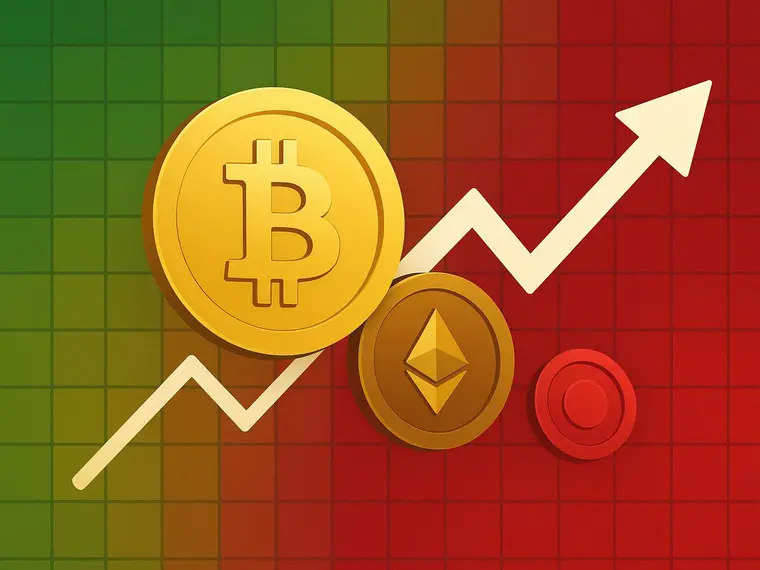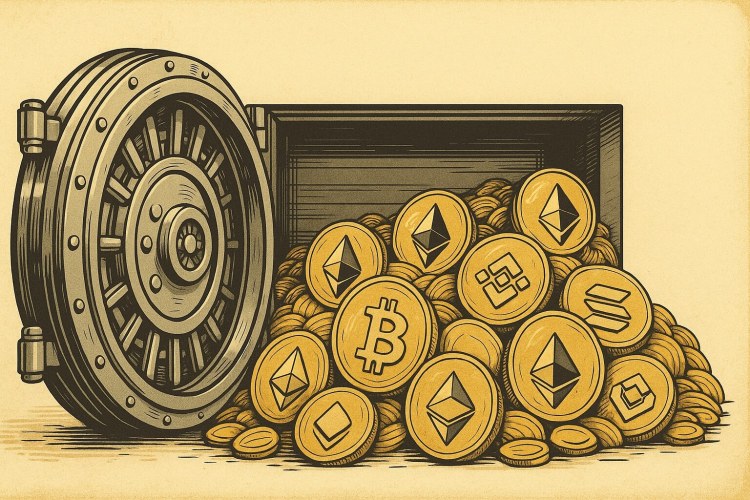Researchers at tech giant Google said they mapped out the structure of a molecule 13,000 times faster than the most powerful supercomputers available today, achieving the first verifiable quantum advantage.
The experiment used Google’s Willow Quantum processor and “quantum echoes,” a technique that uses targeted waves to image an object in detail, according to Google.
The technique targets a single qubit, the basic unit of information storage in quantum computing, with a precise signal, causing it to react. The process is then reversed, allowing the researchers to measure the “echo” or signal that bounces back, Google said.
The four steps in Google’s recent quantum computer experiment. Source: GoogleGoogle’s experiment is verifiable, meaning that the same results can be obtained by running the experiment on any quantum computer system with the same technical specifications as the one the researchers used.
A sufficiently powerful quantum computer could crack the encryption algorithms that underpin cryptocurrencies, and are also used to secure sensitive information in banking, medical and military applications. Encryption is the core component that makes digital assets and peer-to-peer finance possible.
An illustration showing how interference can strengthen the quantum echo and reliably map out and measure information. Source: NatureRelated: What if quantum computers already broke Bitcoin?
Quantum computing and the existential threat to crypto
Quantum computers could render elliptic curve digital signature algorithms (ECDSA), the cryptography used to generate public Bitcoin (BTC) addresses matched to a private key, obsolete as early as 2030, according to experts.
“This is the biggest single threat to Bitcoin since its inception from the ashes of the global financial crisis,” David Carvalho, founder and chief scientist at the Naoris decentralized cybersecurity protocol, said.
Bitcoin and other decentralized protocols suffer from a collective action problem, where the communities choose to debate theoretical solutions, rather than implement known workarounds as soon as possible, Carvalho added.
Quantum computers are not yet powerful enough to crack encryption standards, according to Mental Outlaw, a pseudonymous YouTuber who covers technology.
Modern encryption key lengths range anywhere from 2,048 to 4,096 bits, with current quantum computers only able to break keys of about 22 bits in size or less, Mental Outlaw said.
However, investors and companies are seeking to get ahead of the problem by urging the adoption of post-quantum cryptography standards before a sufficiently powerful quantum computer emerges.
The United States Securities and Exchange Commission (SEC) received a submission in September, outlining a roadmap for quantum-resistant encryption standards by 2035.
Magazine: Bitcoin vs. the quantum computer threat: Timeline and solutions (2025–2035)
Source: https://cointelegraph.com/news/google-quantum-advantage-13-000x-faster-supercomputer?utm_source=rss_feed&utm_medium=feed&utm_campaign=rss_partner_inbound


